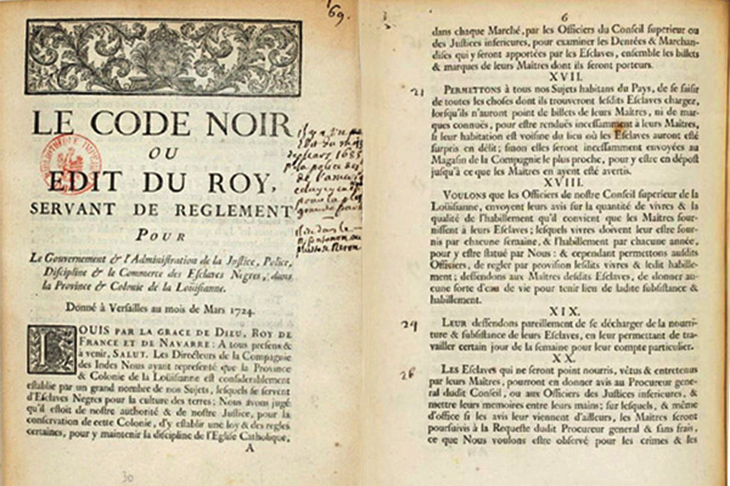Digital media's effect on preserving history

“I think you suspected New Orleans laws are unique so why not also their slave codes?” asked Tulane law professor Vernon Valentine Palmer at a session on “The Changing Landscape of History: Digital Initiatives in New Orleans” on Oct. 29. He is the author of Through the Codes Darkly: Slave Law and Civil Law in Louisiana, about the “Code Noir,” the infamous French legislation of slavery in Louisiana.
“This effort is opening up the archives to people who can"t visit them,” said Tulane University communication professor Vicki Mayer.
Mayer led off a session, sponsored by the French American Chamber of Commerceâ“Gulf Coast Chapter, on the effects of digital media on keeping history alive on Thursday (Oct. 29) on the Tulane uptown campus.
Mayer believes that the availability of digital archives has the power to influence the way we view history, and create a more collaborative community. She showed the audience detailed sites that allow viewers to find anything from old mug shots to history tours.“New Orleanians love their history,” Mayer said.
Historians are getting especially geared up for New Orleans"s 300th birthday in 2018. One such historian is Tulane law professor Vernon Palmer, author of Through the Codes Darkly: Slave Law and Civil Law in Louisiana, about the old “Code Noir” or black code, the infamous French legislation of slavery in Louisiana. “The code is a framework of analysis but I am interested in the customs that formed around the code"s framework,” Palmer said. He emphasized that he wants to bring history alive again and uncover its mysteries.
“We can use these documents as a mirror to understanding history; we can only see darkly into it but as a historian I must not reject its light.&#x#x201d;
The presentation was co-sponsored by Tulane, Ogletree Deakins and Sodexo, in partnership with The Friends of the Cabildo, the Amistad Research Center, the University of New Orleans Midlo Center and the Francophone Section of the Louisiana State Bar Association. The event was part of the chamber"s efforts to emphasize the importance of digitizing historical documents, including the Code Noir.
Claire Davenport is a sophomore at Tulane University, majoring in English and political science.
